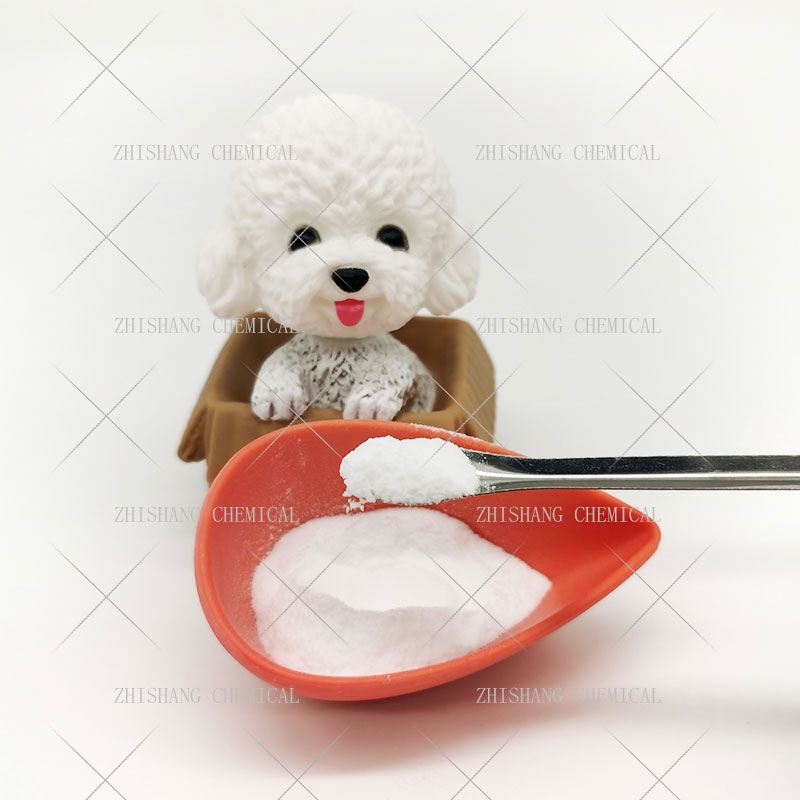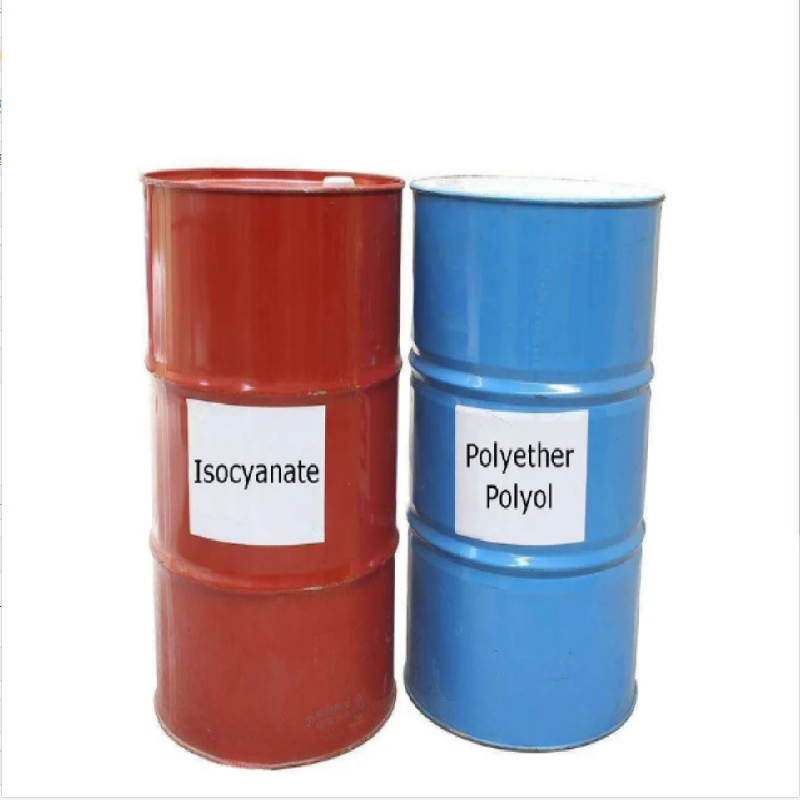-
Categories
-
Pharmaceutical Intermediates
-
Active Pharmaceutical Ingredients
-
Food Additives
- Industrial Coatings
- Agrochemicals
- Dyes and Pigments
- Surfactant
- Flavors and Fragrances
- Chemical Reagents
- Catalyst and Auxiliary
- Natural Products
- Inorganic Chemistry
-
Organic Chemistry
-
Biochemical Engineering
- Analytical Chemistry
-
Cosmetic Ingredient
- Water Treatment Chemical
-
Pharmaceutical Intermediates
Promotion
ECHEMI Mall
Wholesale
Weekly Price
Exhibition
News
-
Trade Service
Abstract
:
this
to the
properties of
high temperature-resistant thickenable vinyl epoxy
resin
,
and resin
thickening properties and
SMC
products performance
and similar high temperature can thicken ethylene epoxy resin, inter-benzene glycol unsaturated polyester resin and other products for performance comparison and analysis. Experiments show that the performance of high temperature-resistant thickenable epoxy vinyl ester resin
SMC
products is significantly better than that of inter-benzene glycol unsaturated polyester resin
SMC
products, and the performance of
all
has reached the performance level of similar high-temperature thickenable ethylene oxide resin products abroad. At the same time, this paper also for the development of high temperature thickening vinyl epoxy resin industrial application has accumulated a large number of engineering practical experience
China
. Therefore, it is of great guiding significance for the engineering application of high temperature thickening ethylene epoxy resin.
key words:
vinyl epoxy resin; high temperature resistance; thickening
;
SMC/BMC
0
Introduction
Ethylene epoxy resin is made by epoxy resin and methyl acrylic, etc. through open ring addition reaction. Its molecular structure not only retains the basic chain segment of epoxy resin, but also has the good process performance of unsaturated polyester resin, after curing under suitable conditions, can show some special excellent performance, as a new high-performance polymer material
,
more and more people's attention.
1
especially in Europe and the United States, through vinyl epoxy resin in the application of molding process requirements for structural design has been very mature, ethylene epoxy vinyl resin is widely used in automotive molding structural parts and other fields.
molding (
compression molding
) process, using sheet mold plastic
(
Heet Molding Compound, SMC)
or group mold plastic (
Bulk molding compound
,
BMC
)
materials, is currently a composite material technology at home and abroad an important mechanical molding method, its products with high precision, good appearance, product performance and other characteristics, suitable for the production of complex structure, size and specification stability requirements of high products, while the process can meet different application conditions of products or products of large-scale production, easy to achieve the entire production process mechanization, automation. At present, its application field has been expanded from the initial automotive industry to other industries,
SMC/BMC
materials and their products in developed countries accounted for
35-40%
of composite materials production, therefore,
SMC/BMC
and its products manufacturing technology is an important symbol of the development of national composites
technology level
With the improvement of environmental protection requirements, the
SMC/BMC
technology, which has the advantages of clean production compared to hand paste and extrusion, can bring considerable economic benefits not only to the composite industry, but also to great social benefits.
China since the
60s
began to develop
SMC/ BMC
technology, after more than
50
years, the development of resin substrate is no longer a single common unsaturated resin (
UPR
), ordinary bisphenol
A
epoxy ethylene resin in recent years began to apply and mature. However, high-performance high-temperature thickening ethylene epoxy resin in the field of technology still needs to be breakthrough.
1
high temperature can thicken ethylene epoxy resin synthesis
using phenolic epoxy resin as raw material synthetic molecular skeleton contains
NOVOLAC
type ethylene epoxy ethylene resin. This epoxy resin has good corrosion resistance, solvent resistance and high temperature resistance.
1.1
The raw material for the synthesis of high temperature-resistant thickenable vinyl epoxy ethylene ester resin
the main raw material for the synthesis of high temperature-resistant thickenable ethylene epoxy vinyl ester resin, see Table
1.1
.
table
1.1
Synthetic high temperature thickenable ethylene epoxy resin raw material list
name
specification parameters
Note
phenolic epoxy resin
epoxy equivalent
178 g/eq.
, Industrial Grade
Dow Chemical Co., Ltd.
Replication Catalyst
Homemade, Industrial Grade
Shanghai Fuchen Chemical Co., Ltd.
methyl acrylic
Purity
≥ 99%
, industrial grade
LG
chemical
styrene
industrial grade
Mitsui chemical
blocker
methyl hydroquinone
THQ
, the
-grade
Abao, United States
shunbutene deacide
intrain-grade
Sinopec
methyl peroxide ethyl ketone
reactive oxygen content
10%
, Industrial-grade
AkzoNobel
cobal cobalt
propanobalic acid
0.8%
, industrial-grade Jiangyin forward
Magnesium oxide
industrial products
Origin Shandong
1.2
synthetic process
put phenolic epoxy resin into the reactor, and when the temperature warms up to
1
10
degrees C
slowly dripping dissolves the catalyst and the blocker, respectively. Methyl acrylic solution
,
2
hours
drops added, to be re-reacted
3
to
6
h
after adding shunbutylate , continue
the
reaction
15 degrees
degrees C
0.5
to
2
h
, when the reaction acid value is
3
0
4
mgKOH/g
mgKOH/g
the end of the reaction. Then cool down, the temperature to
95
degrees C
hours
add styrene, mixed to thicken the phenolic ethylene oxide resin (followed by 893N
).
1.3
the main raw material for the preparation of
SMCthe main raw material for the preparation of high temperature-resistant thickenable vinyl epoxy ethylene resin
SMC
materials, see Table
1.3
table
1.3
high temperature thickenable vinyl epoxy resin
SMC
material preparation formula
ingredients
formula one (parts, weight)
formula two (parts) Weight)
resin (
893N
)
70
70
low shrink agent
(
PS
/
HDPE
)
30
30
blender (
TBPO/TBPB
)
1
1
release agent (zinc statide)
4
4
fillers
(
calcium carbonate
, etc.
)
140
140
thickener (magnesium oxide paste)
2.86
5.7
1.4
SMC
preparation process
according to table
1
.3
ratio weighing good resin (
893N
), low shrinkage agent, mixture trigger, release agent, etc., and then stir thoroughly to mix well, pay attention to the filling at the same time, after filling is added, stir for about
10
minutes until the filler disperses Evenly, then add a well-weighed paste
MgO
, stir and mix well and pour into the upper and lower grooves of the
SMC
sheet manufacturing equipment, start the equipment, and finally make
SMC
sheet. The resulting
SMC
sheet is cooked at
40±2
degrees C
40h
, you can get the required sheet mold plastic, glass fiber content of about
29%
(mass fraction).
1.5
test equipment
synthesized high temperature thickenable vinyl epoxy resin, prepared
SMC
sheet and its products performance parameters test instrument
,
equipment and testing standards see Table
1.5
.
Table
1.5 893N
Resin Synthesis and Preparation
SMC
Performance Parameters Test Instruments and Equipment List
Table
Test Project
Test Instruments and Equipment
Test standard
resin viscosity
NDJ-1E
rotary viscosity meter
GB/T 7193-2008
thickening resin paste thickening performance
U.S.
koehler
cone-intricator
-measured taper-in
(25
degrees C
,
50g
piston
)
acid
titration instrument
GB/T 2895-2008
gel time
Gelprof 518
tree
lipid gel tester
GB/T 7193-2008
Mechanical Performance
Zwick Allround
Electronic All-Power Tester
GB/T1447-2005
,
GB/T144 9-2005
thermal deformation temperature
U.S.
MTS Z
WK1000
thermal deformation Vika softening point tester
GB/T634.1-1
2004
TG209F3
thermal weight analyzer
-2
high temperature thickening vinyl epoxy resin thickening properties With performance
2.1
synthesis and properties
high temperature thickening ethylene epoxy resin
should
has the following characteristics:
(1)
and for thickening of the reinforced material, Fillers can be well immersed,
(2)
initial viscosity is moderate and can be quickly thickened,
(3)
still has good resynamic properties at high temperatures, including fatigue resistance and toughness,
(4)
storage cycle is long,
(5)
solidified heating peak and styrene waveworthiness is low. In order to achieve a good thickening effect, in the synthesis of substrate resin research, the usual method is: the introduction of vinyl molecules of carboxyl (acidic erythroid group), and then through these nircotine and alkaline metal oxides (such as magnesium oxide, calcium oxide, etc.) to achieve thickening. The principle is as follows: :Therefore, the reaction degree and thickening performance of the acid anhydride are closely related, which needs to be guaranteed by the preferred catalyst and reaction parameter control.
SMC
consistency is good or bad by the size of taper in, the smaller the taper in, its thickening performance is better. High temperature thickenable ethylene epoxy resin
(893N)
in accordance with the aforementioned
SMC
formulation and process prepared resin paste at
40
degrees C
the environment around the time, respectively, after
17h
,
36h
,
48h
matured and cooled to room temperature under the conditions of the tree






